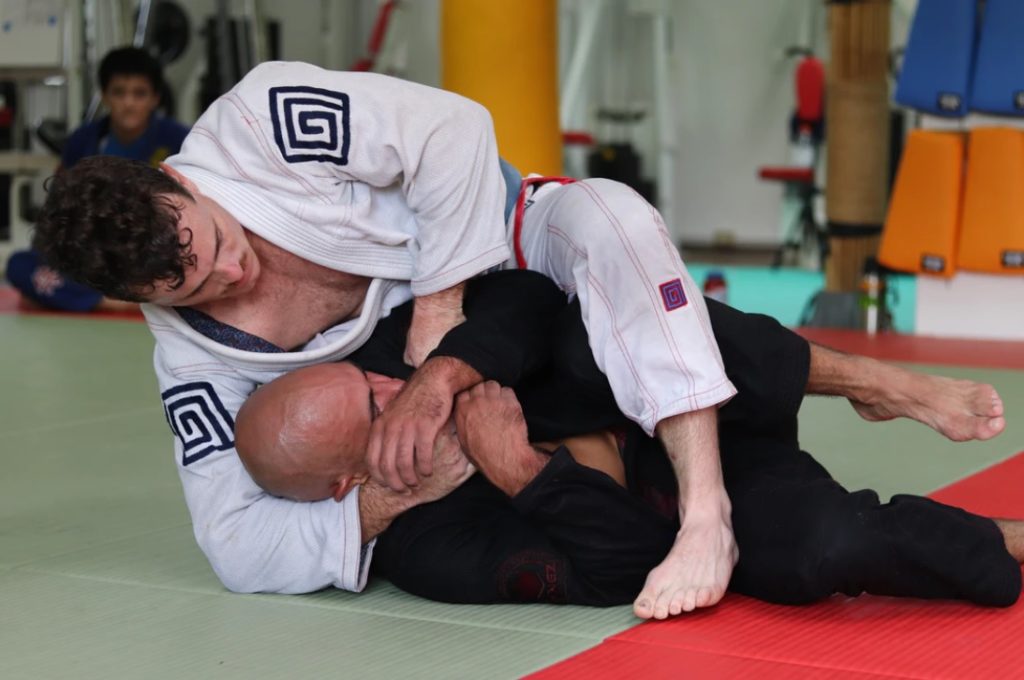It is very easy to talk about taking time out for yourself and taking a break when you require it. Many athletes talk about it, but when the time comes they are unable to do it. Sports injuries are quite painful, but it is also hard to give up during the main season of the game. This is the reason why many players end up aggravating their injuries to the extent that they can’t turn back. Sports injuries are one of the quickest ways to sideline a great player. It is important to take a break as soon as possible so that you take time to heal and recover. We have curated a list of tips and tricks to help you deal with a sports injury.
R.I.C.E.
Immediately after your injury, you might experience swelling and bruising along with sharp pain. This pain can turn into a dull throbbing ache over time, but you should remember that the injured area can be quite sensitive to movement and touch. Many sports trainers use the acronym R.I.C.E. for treating muscle injuries. You should rest, ice the area in order to lower down swelling, compress it with a bandage, and elevate it to drain fluid away from the area.
Smoke medical marijuana
There have been numerous studies that have proven that smoking weed can be extremely effective in dealing with chronic pain. Due to multiple types of research, we now know that CBD and THC in marijuana have the potential to attach themselves to our endocannabinoid receptors in the body. These are the ones responsible for functions such as sleep, pain response, and immune function in our body. A lot of users report garlic breath strain to be one of the best pain-relieving strains out there. Weed can be extremely useful in dealing with the injury on a mental level as well.

Give time to recover
It might be quite tempting to go back out into the field when you are not fully recovered, but remember it will only be bad for you in the long run. Do not push your limits and allow yourself to heal both physically and mentally before you go and start playing sports again. If you have had a serious injury, it is important to learn and to be aware of it so that you know the intensity of it. Do not try to marginalize your pain and ‘push forward’.
Stay committed to getting better
Just like your vigorous training, think of getting better as a thing you have to be dedicated to completely. Certain people are very motivated after a huge injury and perform well at physical therapy, but others get completely demotivated and demoralized. It is important to listen to your doctor and show up consistently for your treatments. Try building small daily or weekly goals so that you can focus on realistic and not unrealistic goals. Try to maintain a positive attitude and remain focused on getting better.
It is important to give your body the time it needs after an injury. Follow these steps to make sure that you recover nicely.